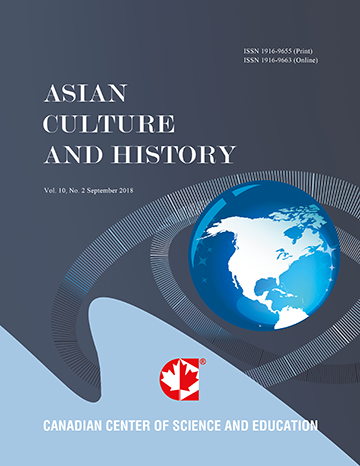Development of Press Freedom in South Korea since Japanese Colonial Rule
- Eun Suk SA
Abstract
The history of press freedom in South Korea (hereafter Korea) has been characterized by periods of chaos. The major media companies in Korea have written a history of shame. Since Japanese colonial rule, freedom of the press has been more often restricted than protected by the laws and policies. There have been four main features of press freedom since 1910: severe restriction during the Japanese colonial rule; experiencing freedom with unstable democracy under the American military rule and the First and Second republics; oppression of the military regimes; and the struggle with capital power since the advent of civilian government. Several decades of Japanese colonial rule, American military rule, and military dictators have influenced the Korean society and the media politically, economically, socially and culturally.- Full Text:
 PDF
PDF
- DOI:10.5539/ach.v1n2p3
Journal Metrics
Google-based Impact Factor (2017): 5.42
h-index (January 2018): 11
i10-index (January 2018): 21
h5-index (January 2018): 6
h5-median (January 2018): 9
Index
- Academic Journals Database
- CNKI Scholar
- COPAC
- EconPapers
- Elektronische Zeitschriftenbibliothek (EZB)
- Excellence in Research for Australia (ERA)
- Genamics JournalSeek
- Google Scholar
- Infotrieve
- LOCKSS
- MIAR
- NewJour
- Open J-Gate
- PKP Open Archives Harvester
- Publons
- RePEc
- Scilit
- SHERPA/RoMEO
- Standard Periodical Directory
- Technische Informationsbibliothek (TIB)
- The Keepers Registry
- Universe Digital Library
- WorldCat
Contact
- Ivan YongEditorial Assistant
- ach@ccsenet.org
